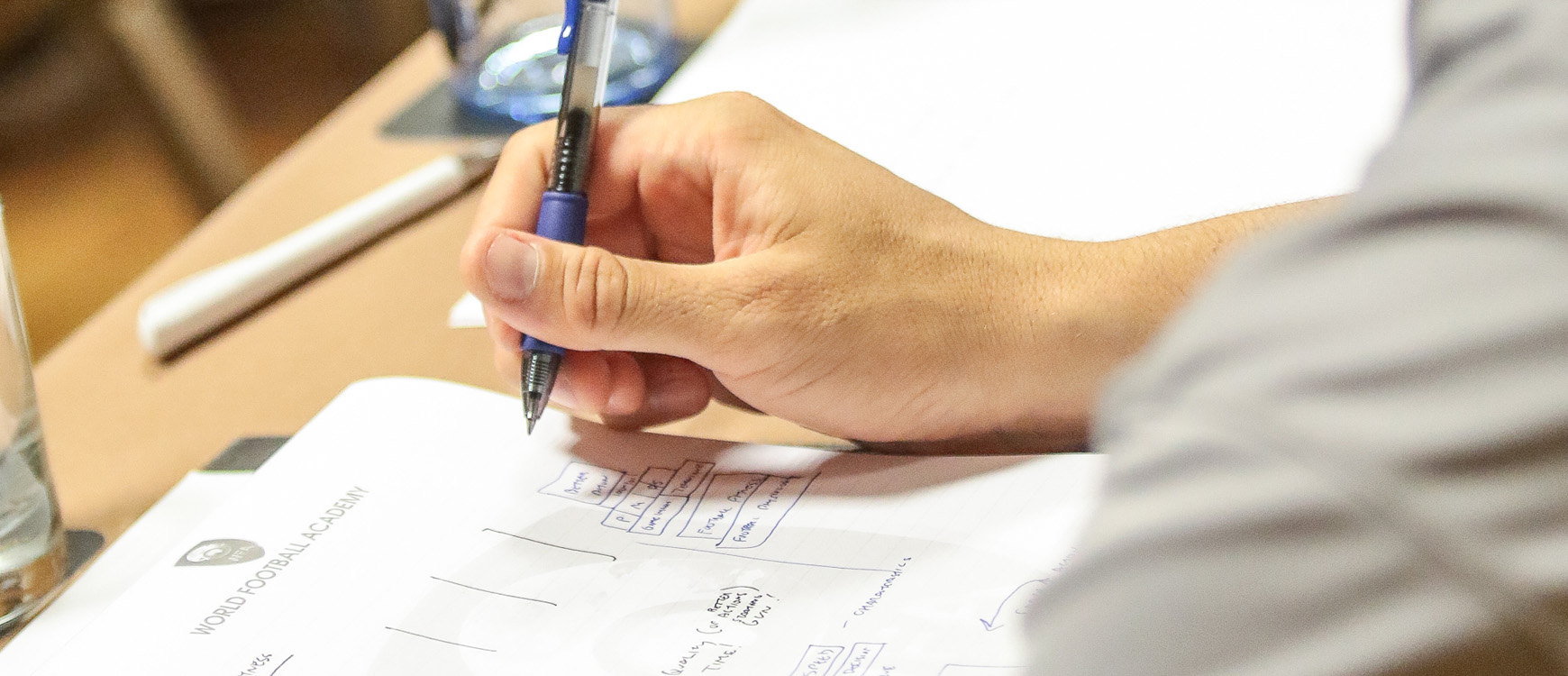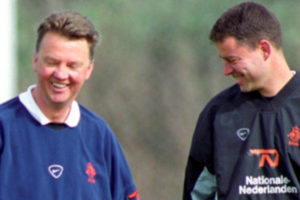
I have already done that course!
Have you ever read a book for the second or even the third time? Maybe you did and you do remember you had different thoughts when reading the book again. When you read a book for the second time you will first of all read lessons you missed the first time. Also, each chapter will have more meaning because this time you already know what will be discussed in later chapters. Therefore, each and every little lesson will speak louder as you already know the overall lesson. In other words, when reading a book again you will develop a deeper understanding of the lessons shared in the book. This experience proves that the same stimulus (book) does not automatically trigger the same response (reflections) the second time around. Identical stimuli will trigger different responses. It’s the same with a good coaching course.
Copying instead of learning
When repeating the exact same course the content will be more or less the same. But it will trigger different conscious thoughts compared to when doing this course the first time. In other words, the stimulus will be the same but the response totally different. Unfortunately, during a coaching course many coaches focus on the stimulus rather than their conscious reflections. They literally write down the course content. This is also why they expect course hand-outs. And after the course they try to apply the exact course content in their own environment honestly thinking they have learned something new. In reality, they are just copying the stimulus of the presenter. In fact, they will become a worse version of the presenter.
Conscious reflections instead of course content
What one would expect coaches to do during a course is focusing on their conscious reflections. What does the course content trigger in my brain? What conscious thoughts pop up when listening to or looking at the course content? By doing this, for example, the course content could trigger a reflection like ‘Ah, now I understand why this and this happened last season!’ or ‘He, this could be the solution for this and this situation!’. Next, instead of literally writing down the course content the coach writes down his reflections on the course content. This way, the coach has improved this specific reference in case the same situation happens again in the future. The coach has become a better version of himself. Not by taking the course content literally but by using the course content to improve the references in his (unconscious) brain.
Same course content but different thoughts
Now let’s return to the original example with the book. Re-reading a book results in new reflections and a subsequent deeper understanding of the book. Re-taking a course will have a similar effect on the development of football knowledge. The second time around coaches will understand the lessons of presentation 1 better because they already know where this course is heading in presentation 2, 3 and 4. Consequently, they will have different conscious reflections allowing them to ‘read between the lines’. For example, coaches can focus more on HOW the content is presented as they already know WHAT will be presented. This will not only result in a deeper understanding but will also be extremely helpful in case coaches will use these references themselves in future conversations. Understanding a reference is one thing but explaining it in a simple way to someone else is another thing.
Improving or building a CV?
Re-reading books and re-taking courses will improve and even accelerate coach evolution. However, not all coaches take courses to improve themselves. Many coaches simply show up to receive yet another certificate. Their priority is to build a CV with a long list of certificates. For these coaches re-taking a course does not make sense as it will slow down this process because they already have the certificate of a certain course. So, doing a course for the second time will not further improve their CV. As long as people who hire coaches do not understand the difference between ‘showing up’ and ‘actively participating in a course’ this problem will not be solved. Therefore, at the end of the day, it is the responsibility of the coach himself. It all comes down to the coach


